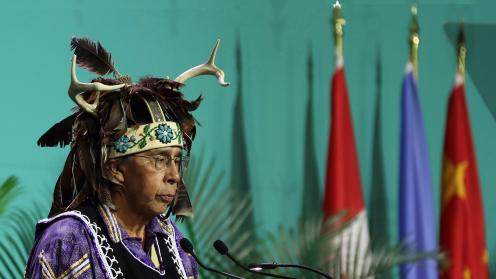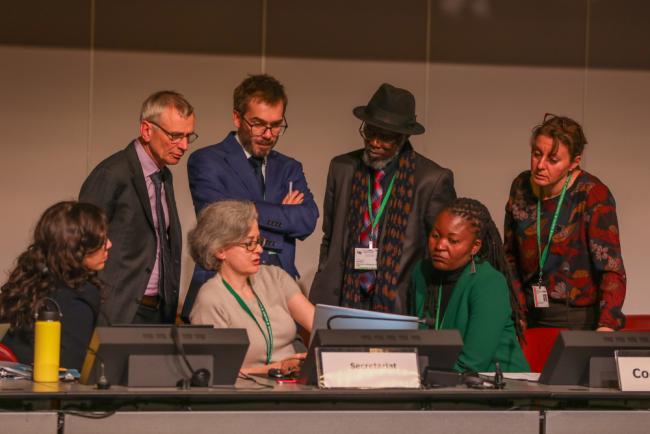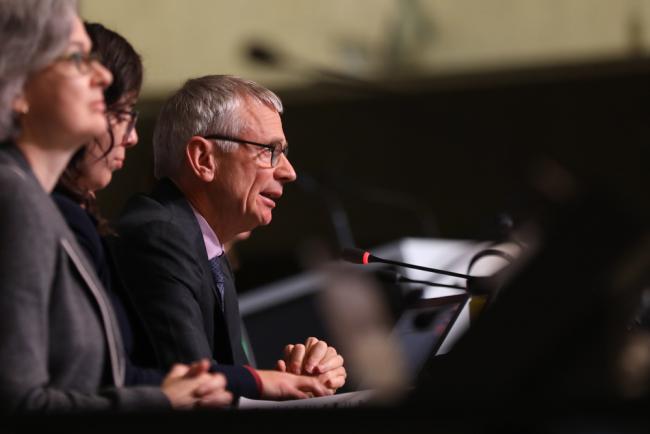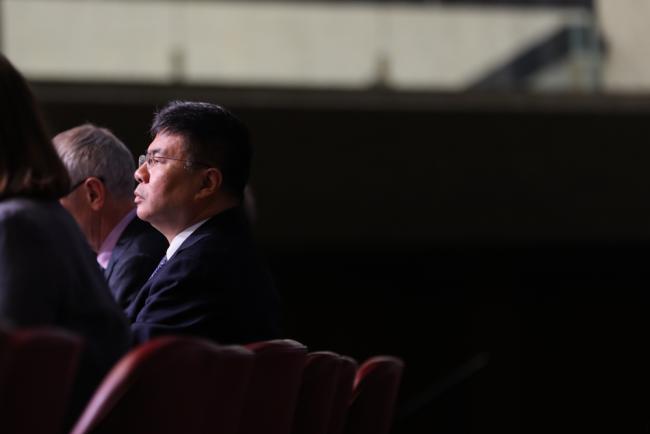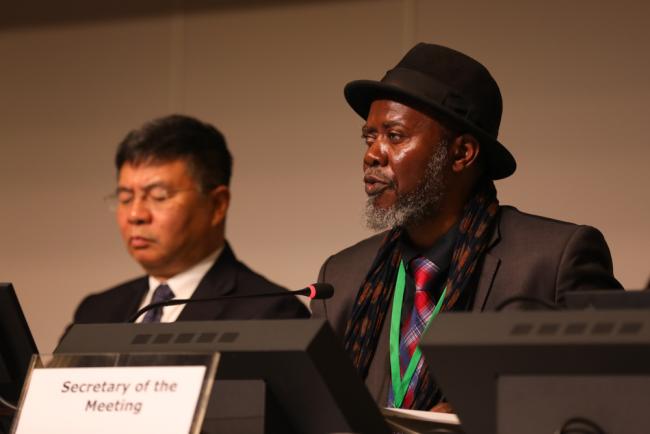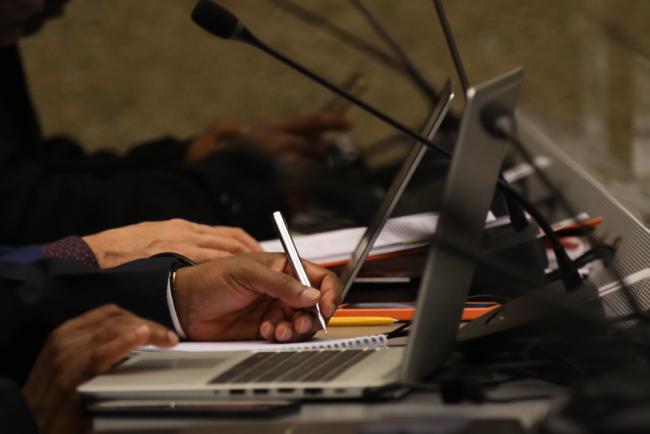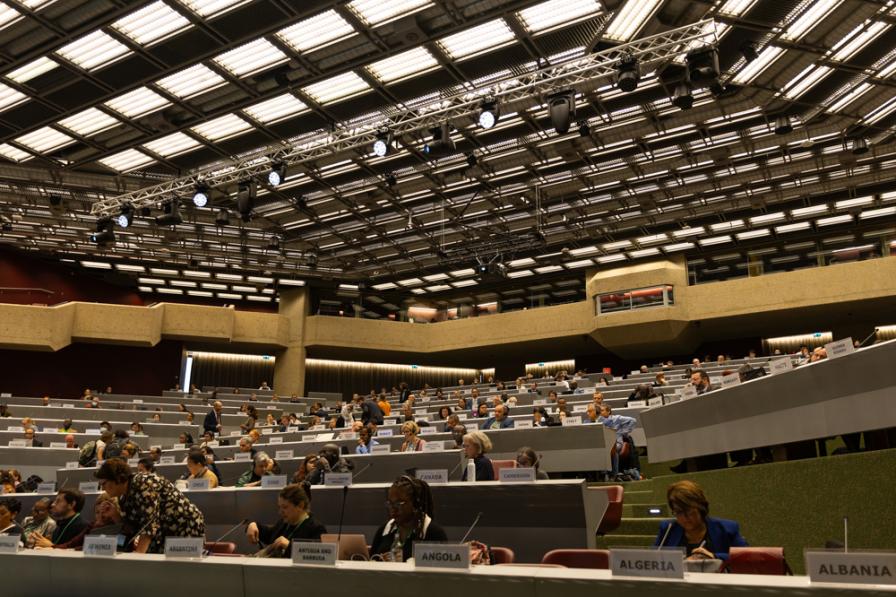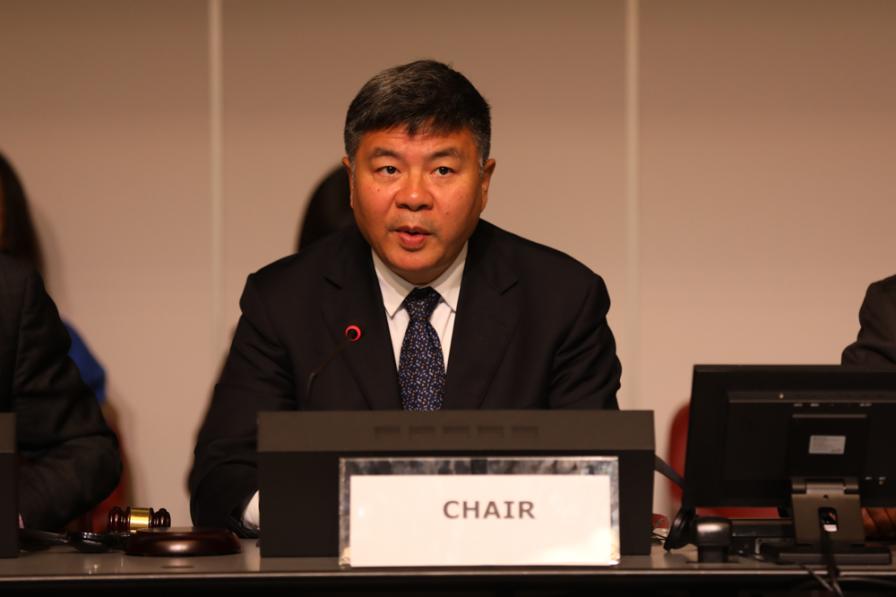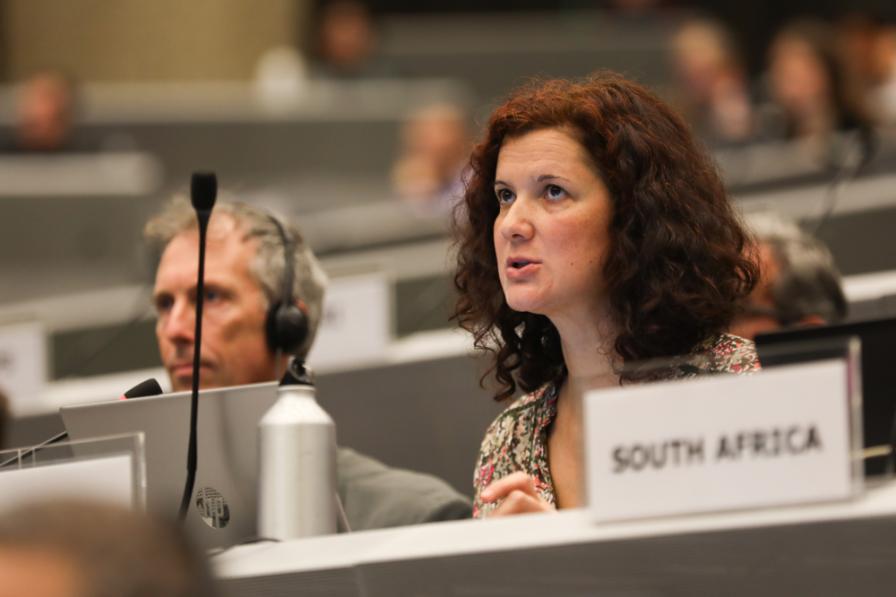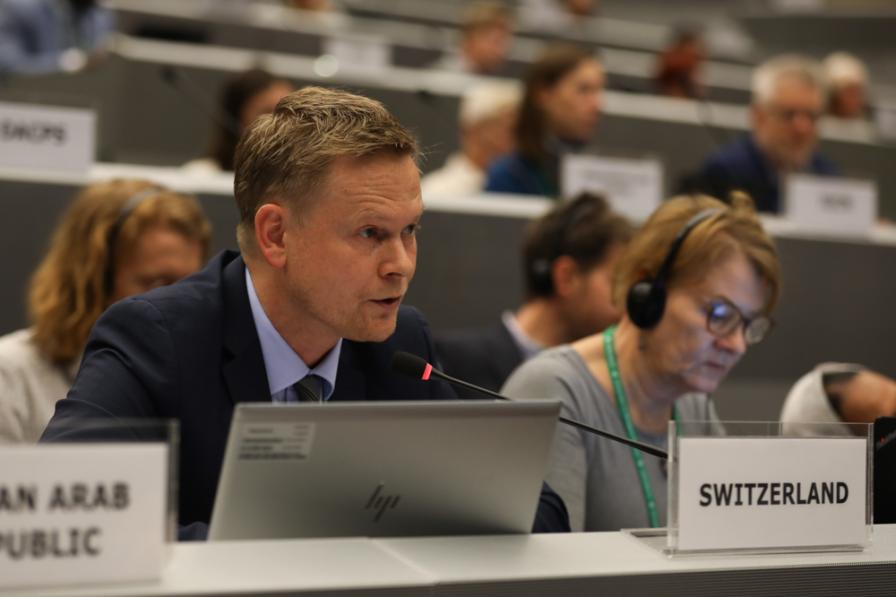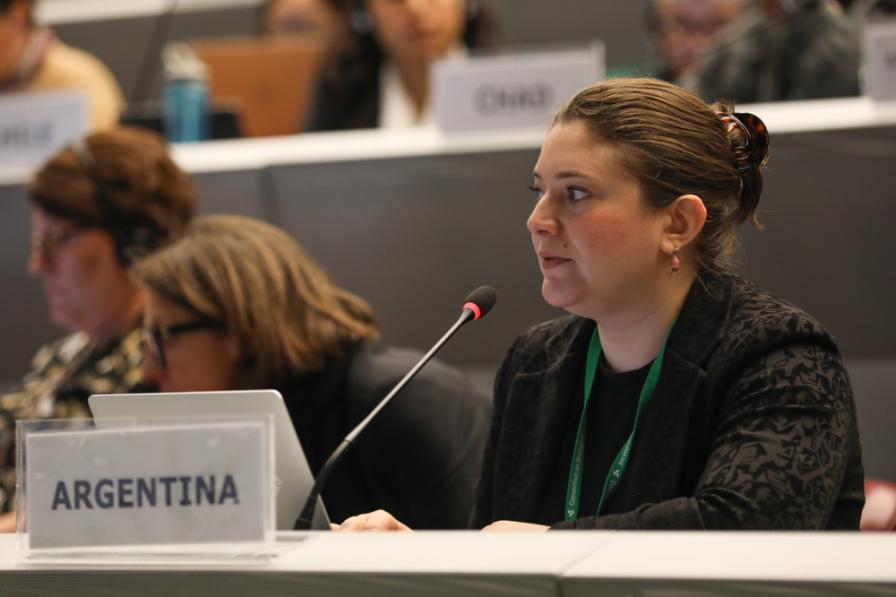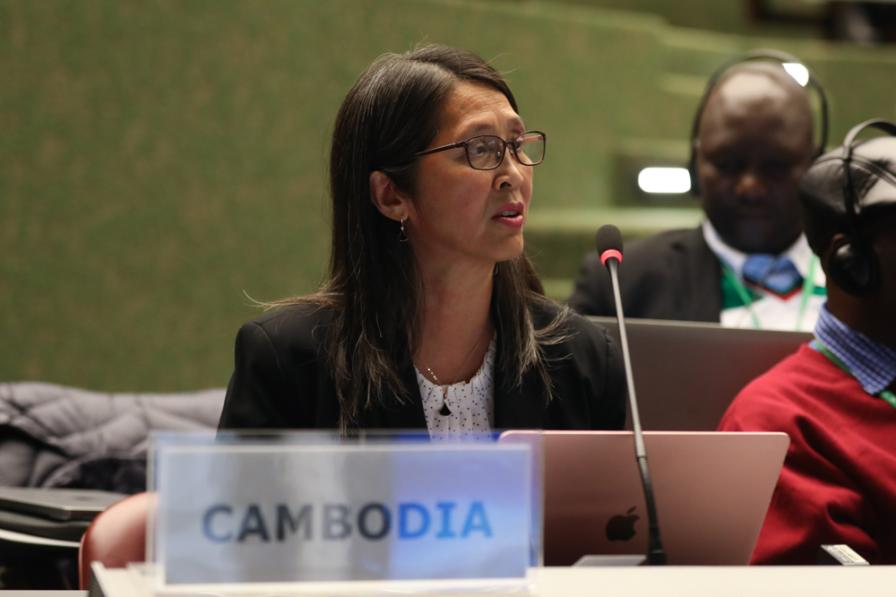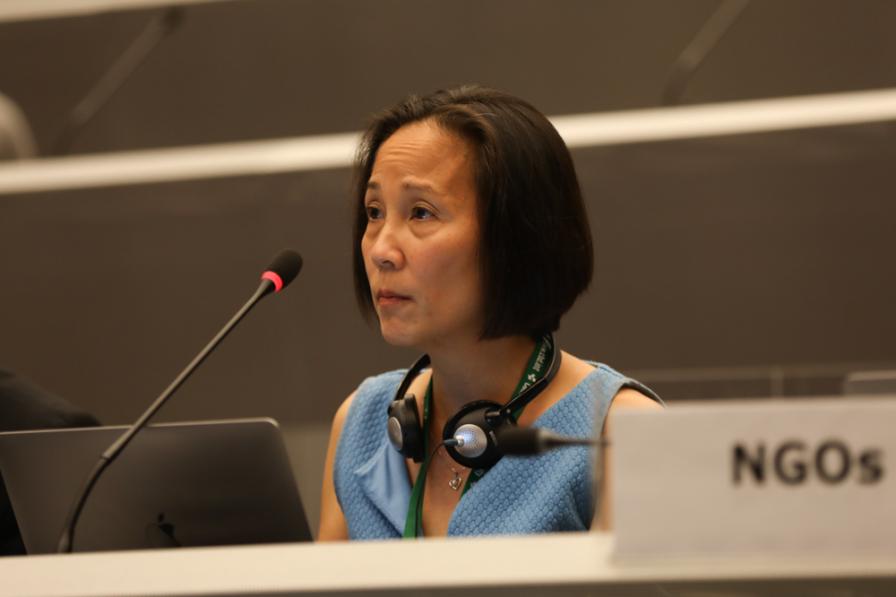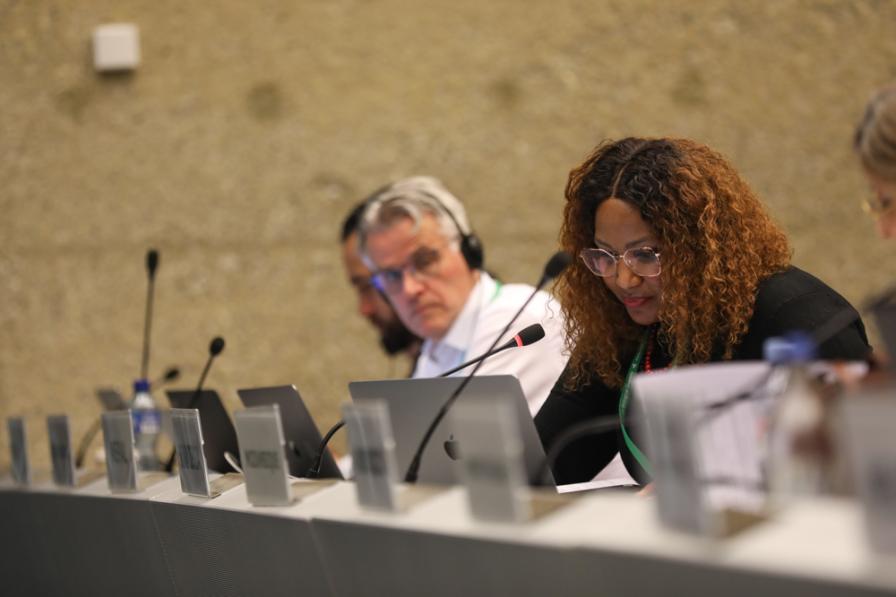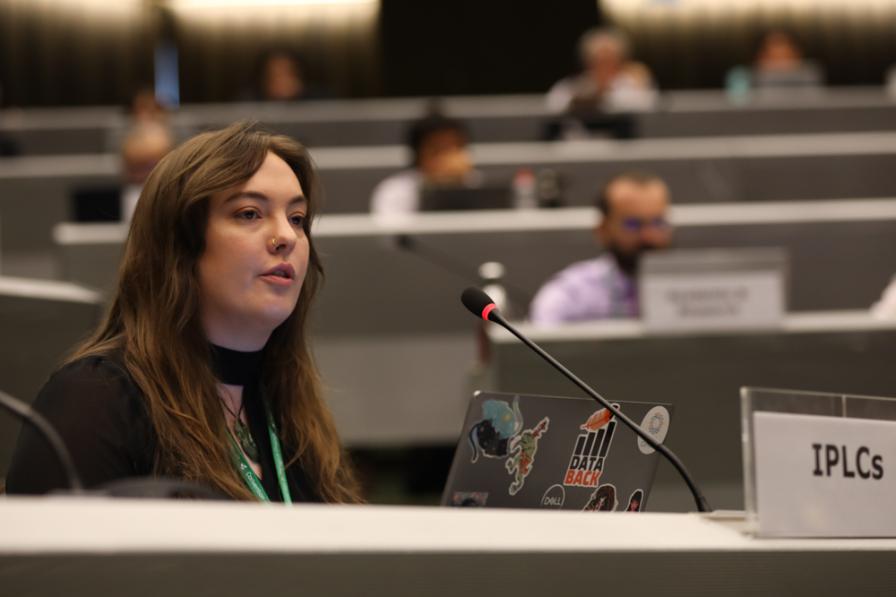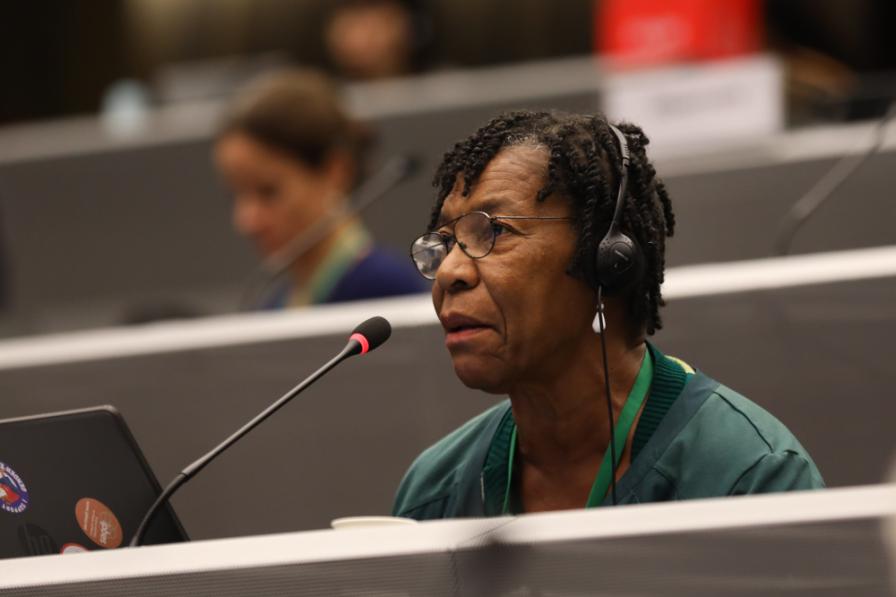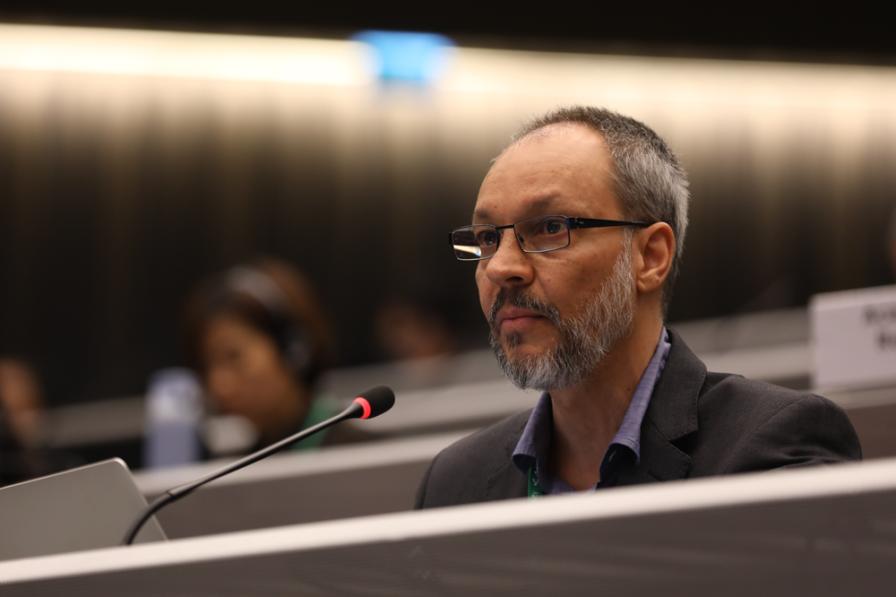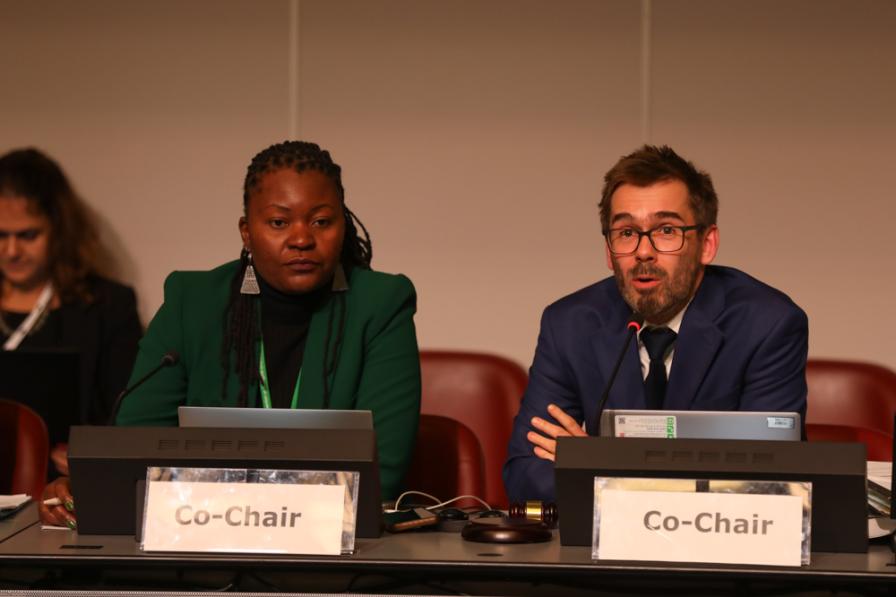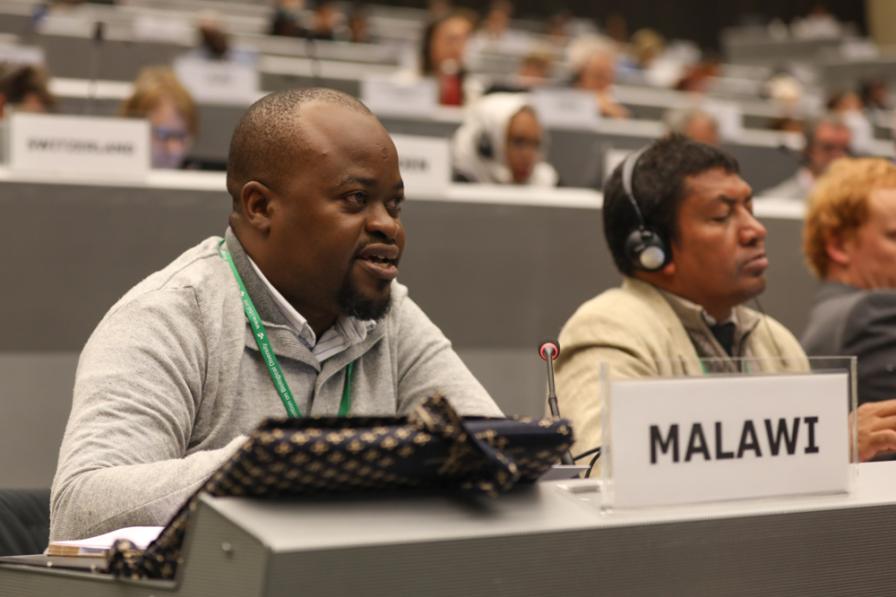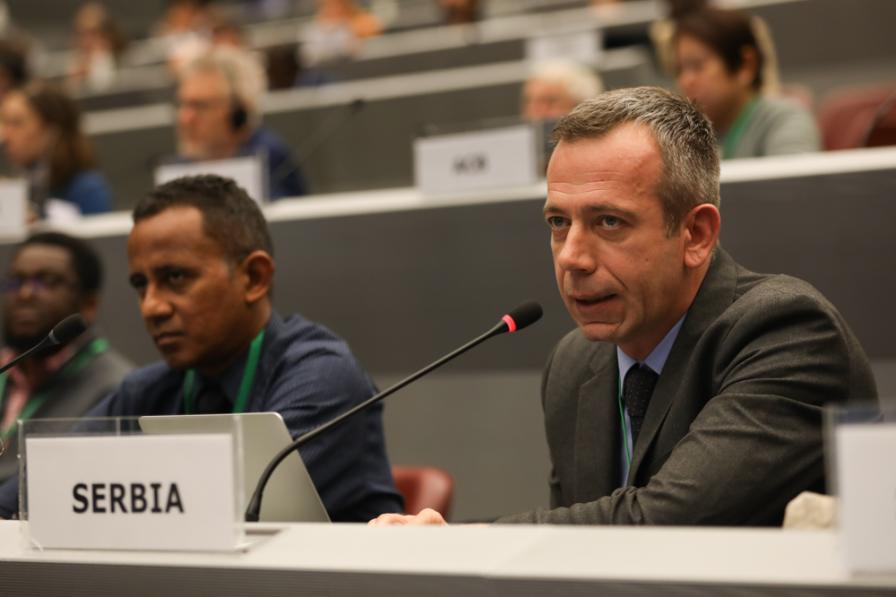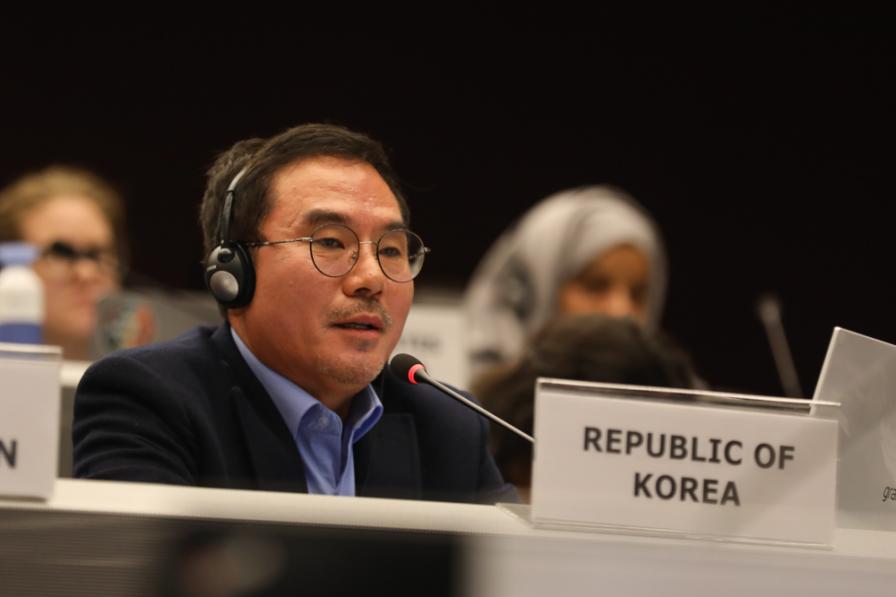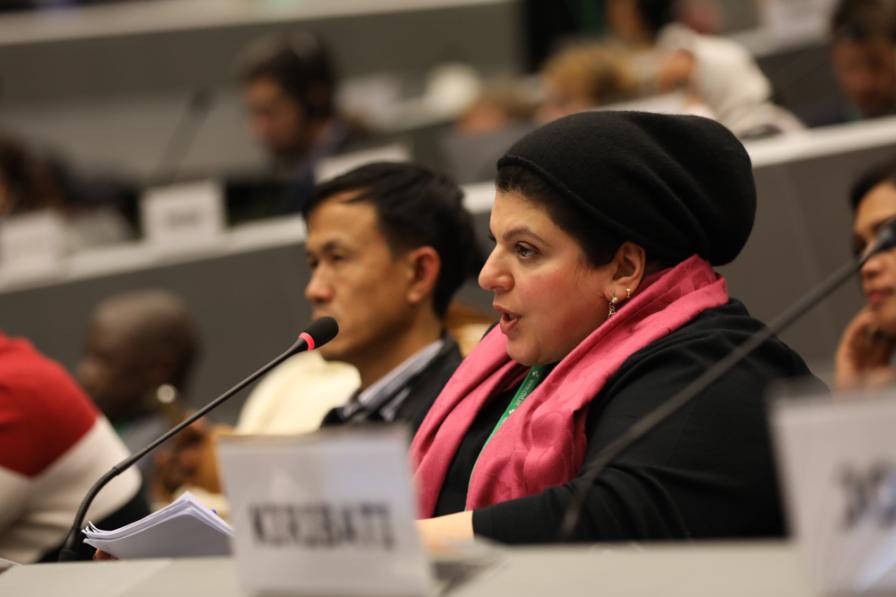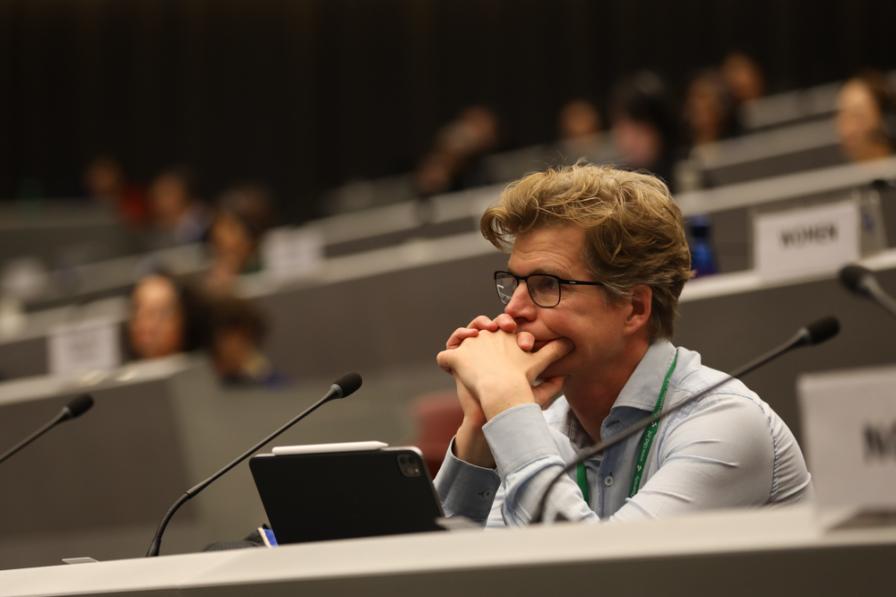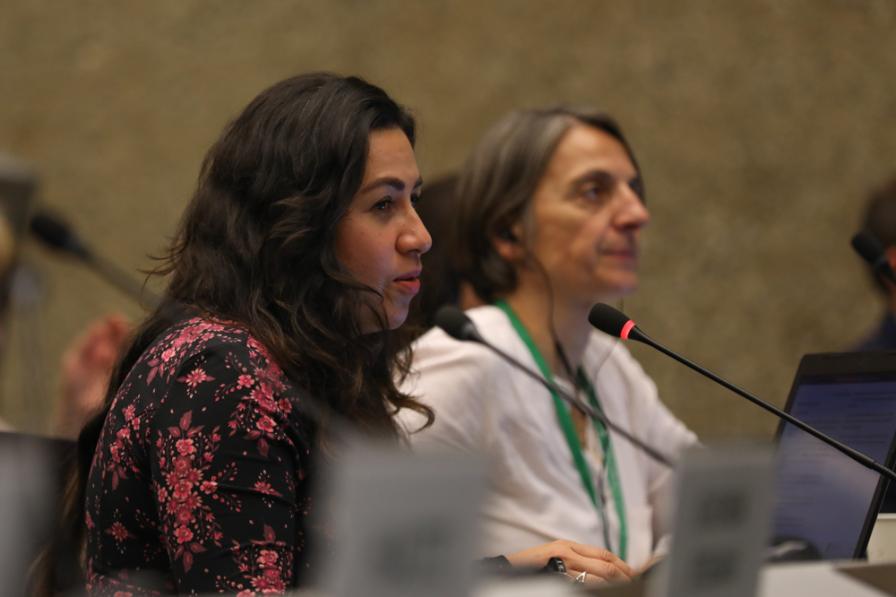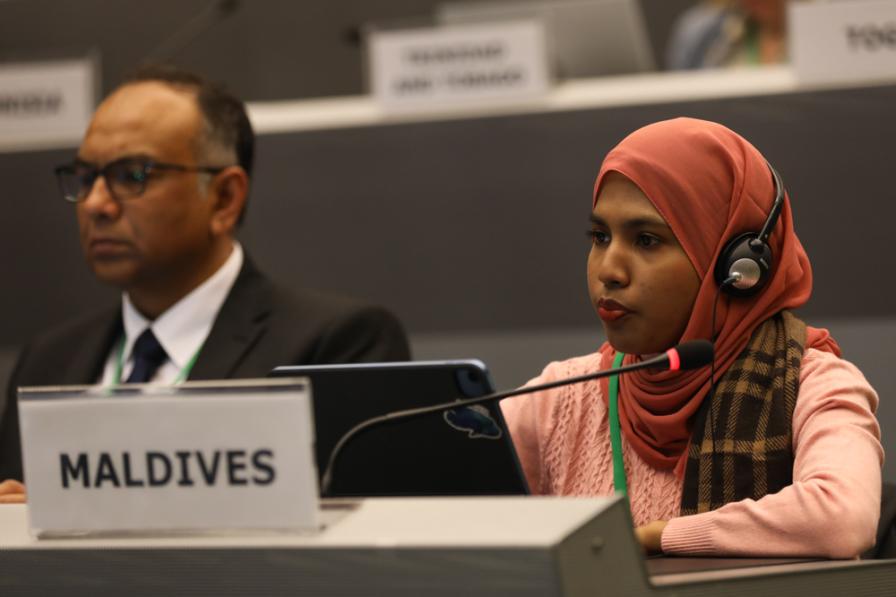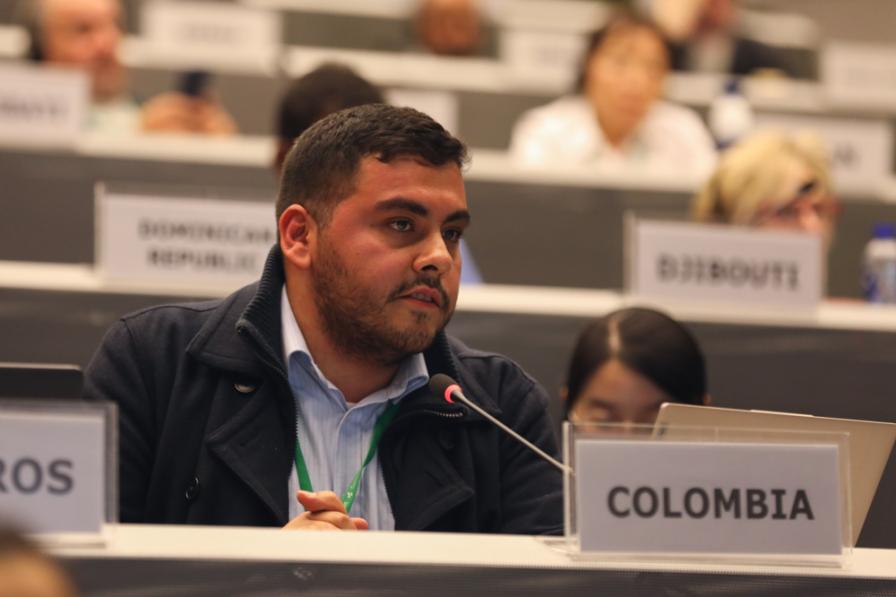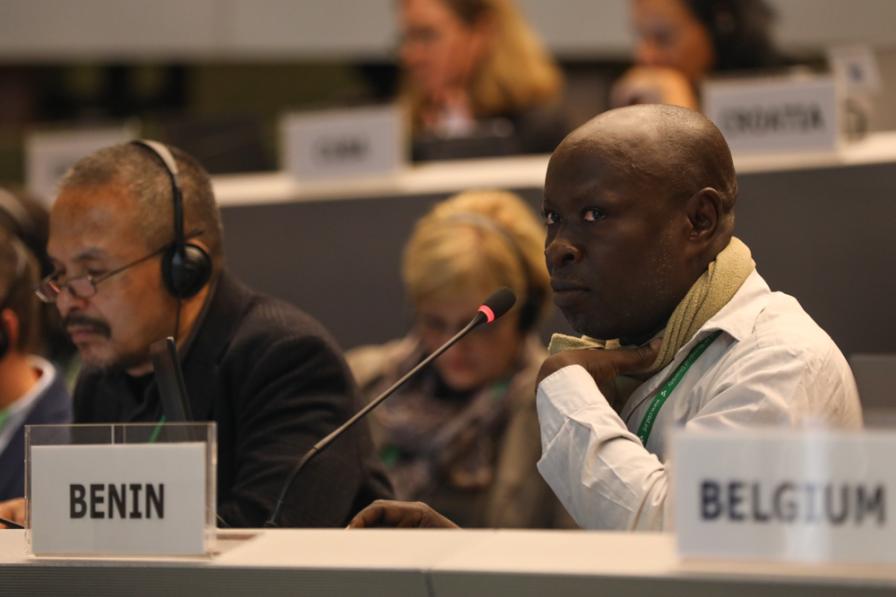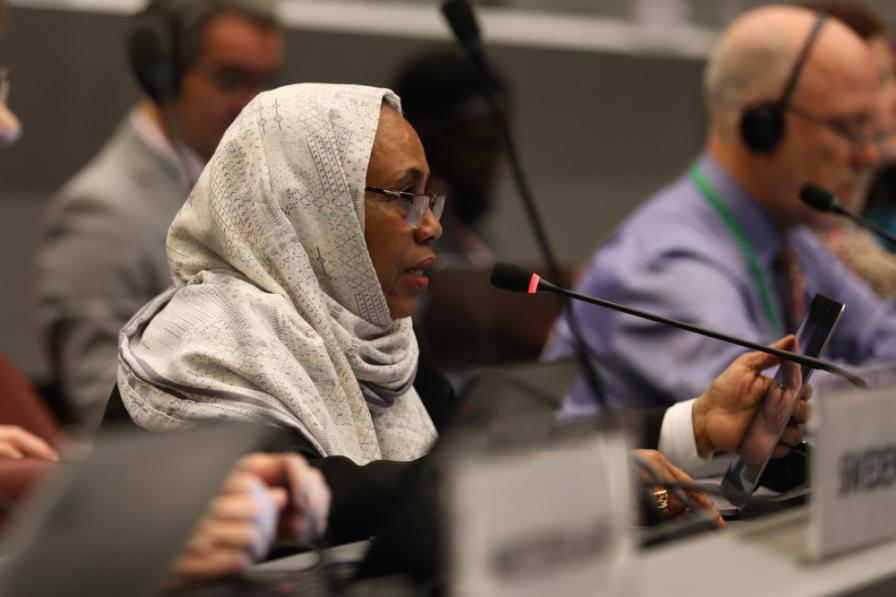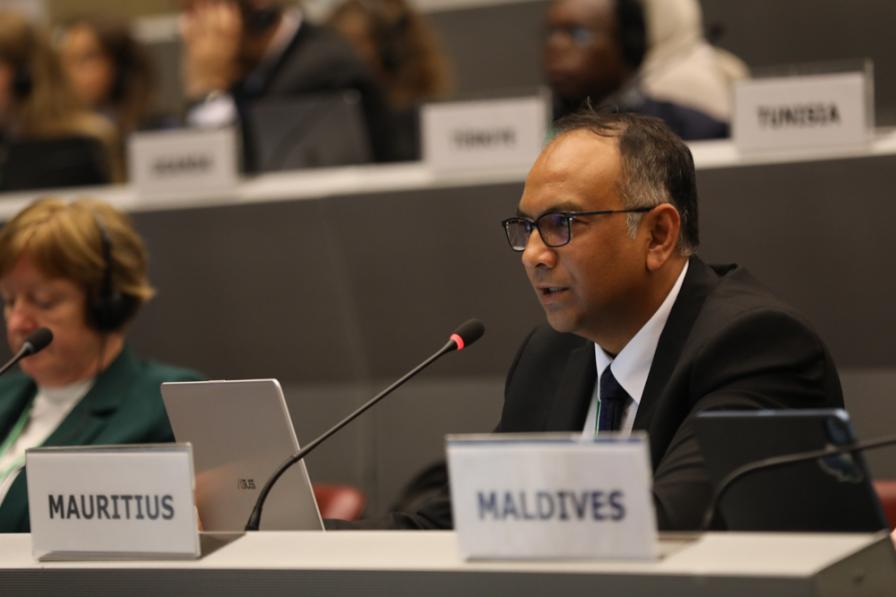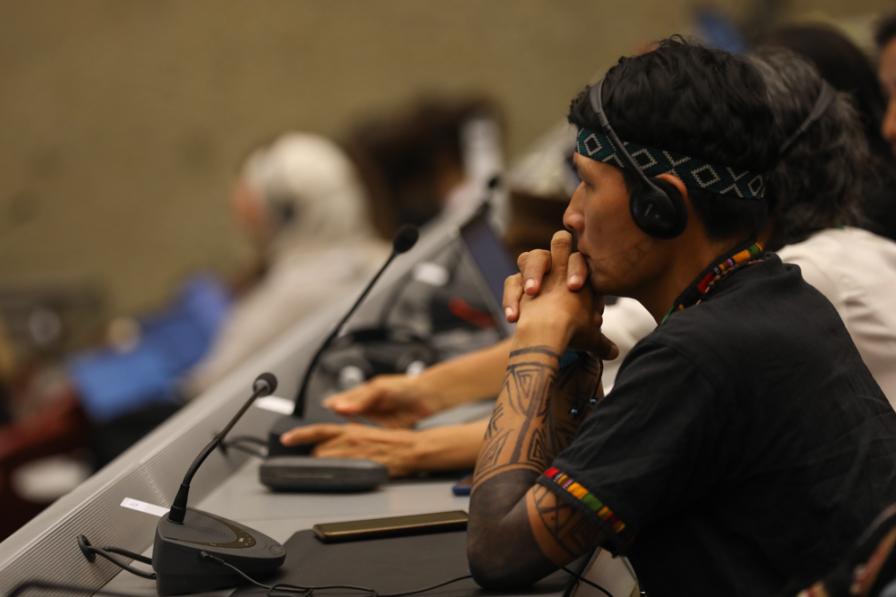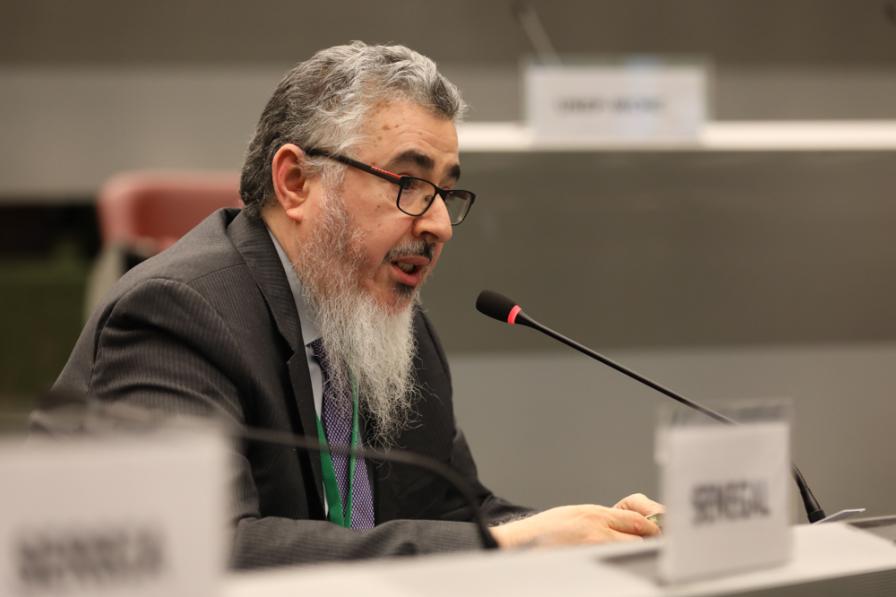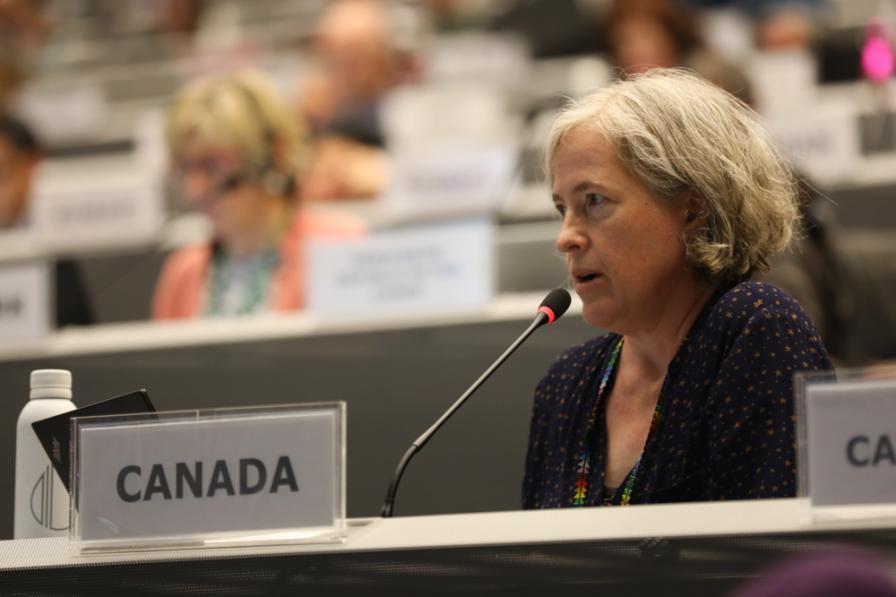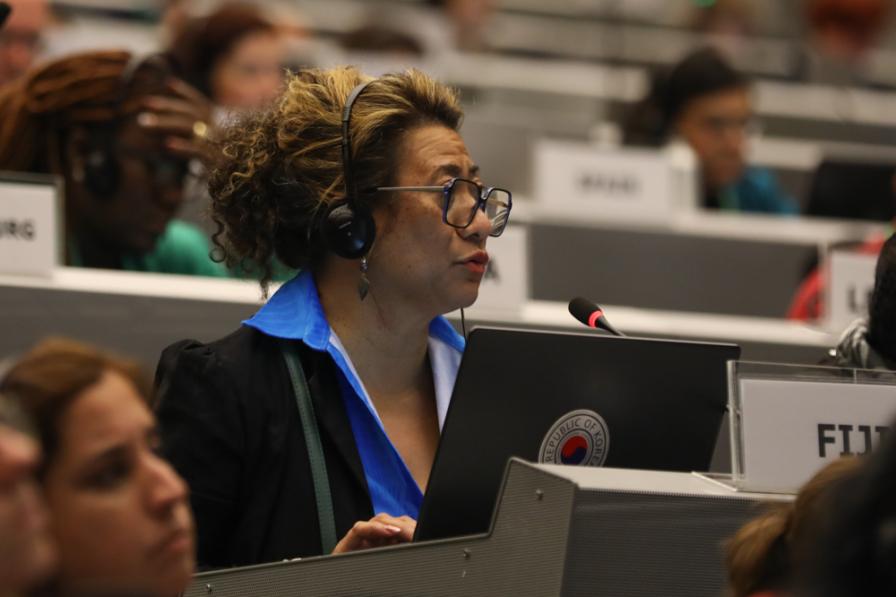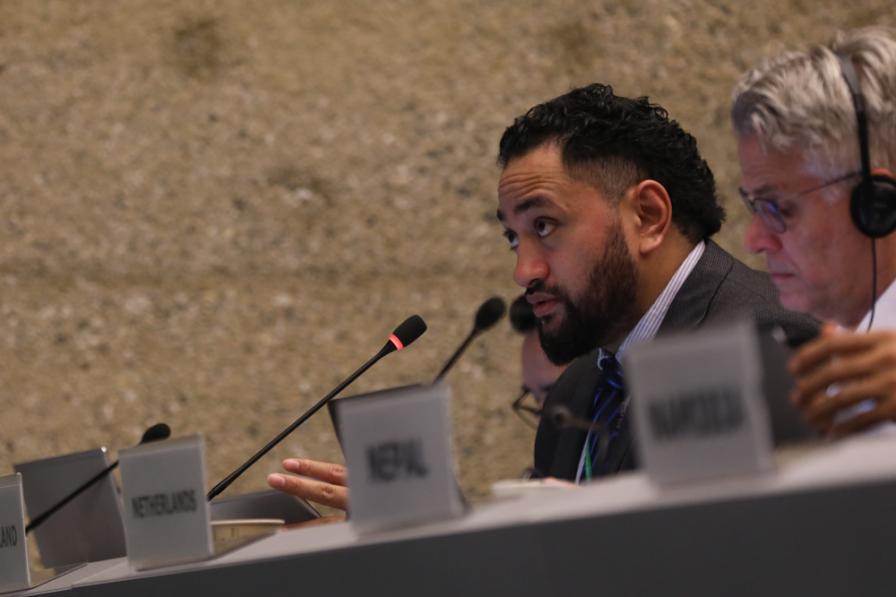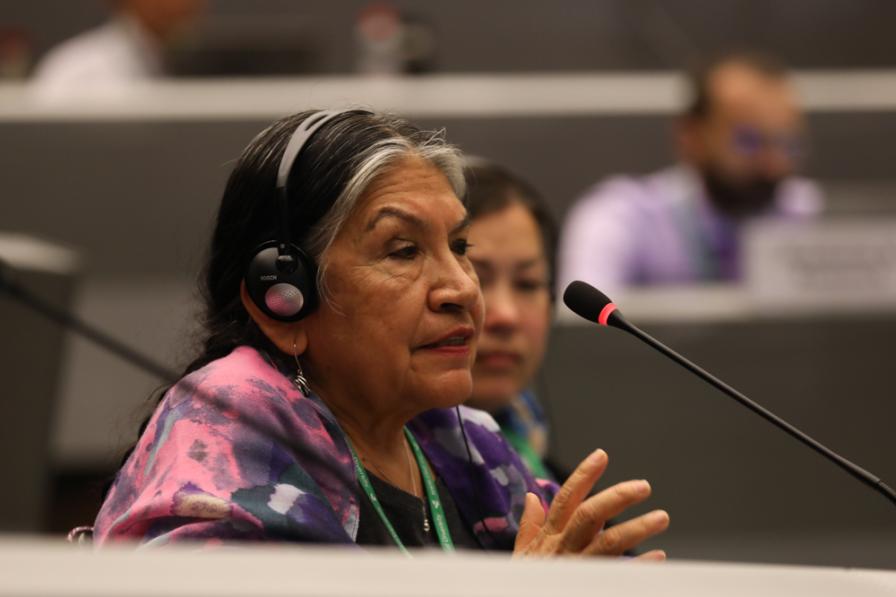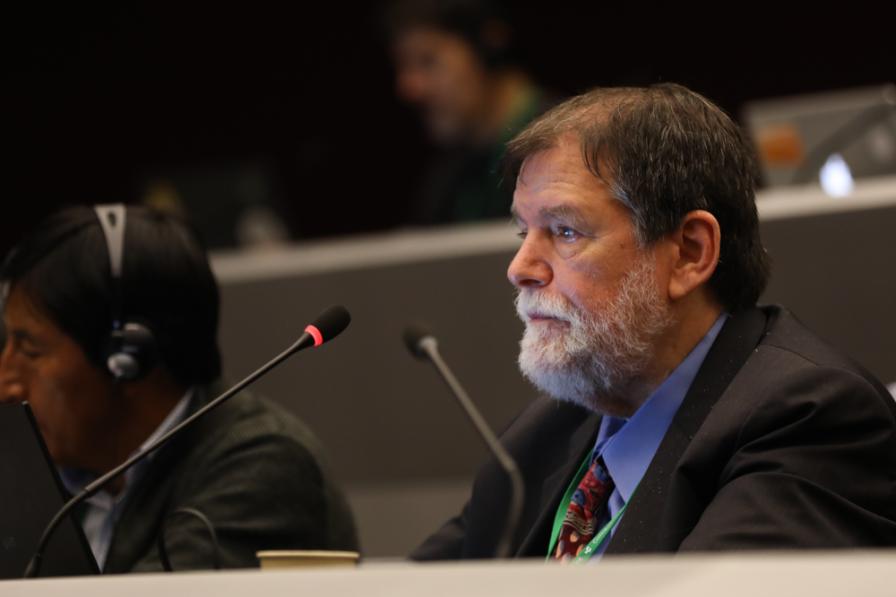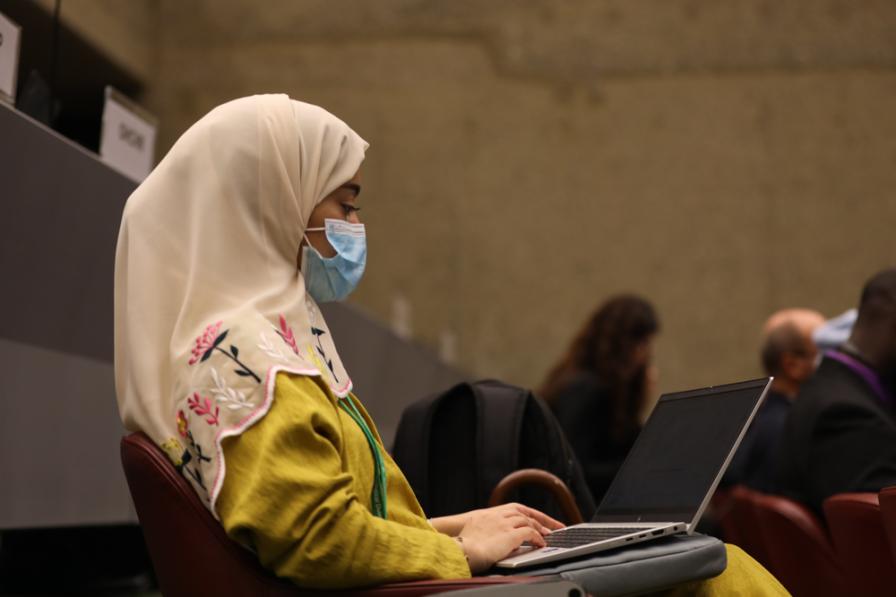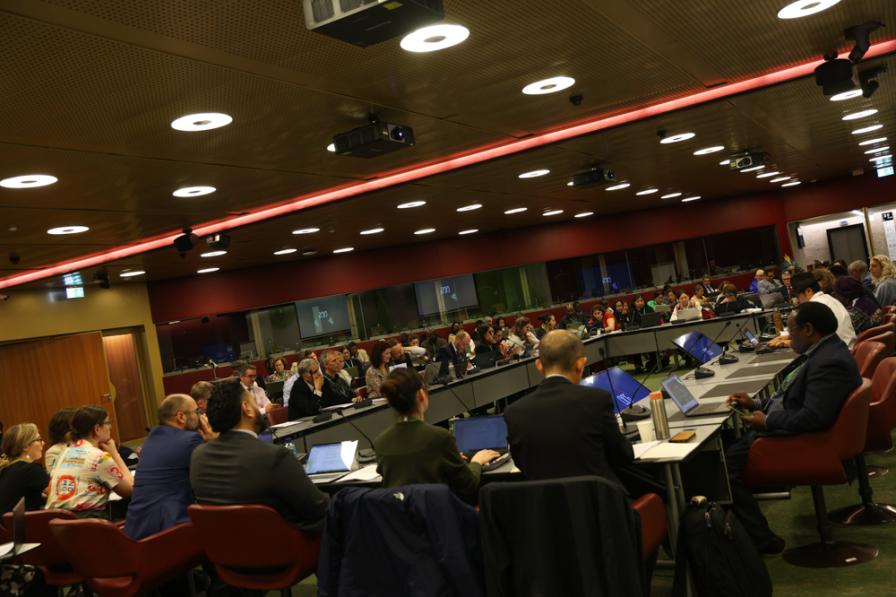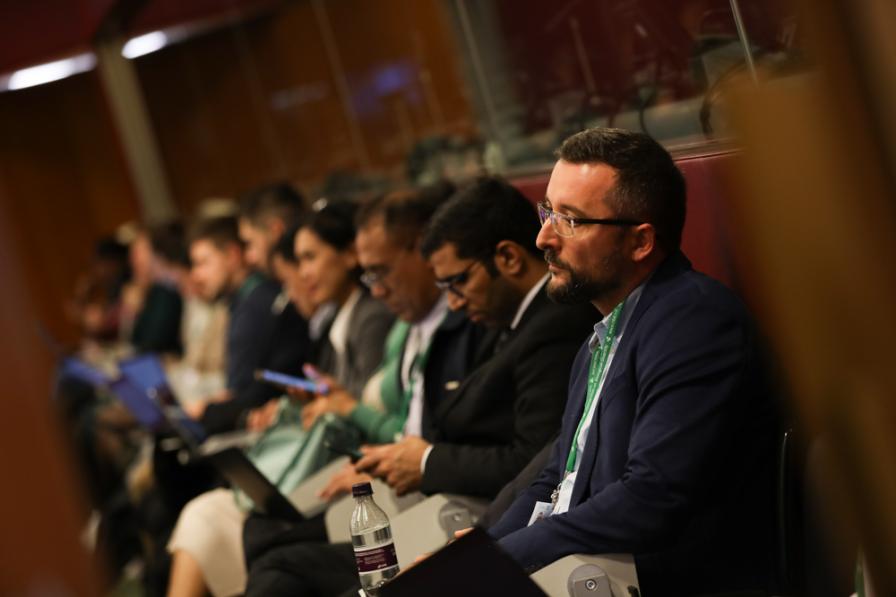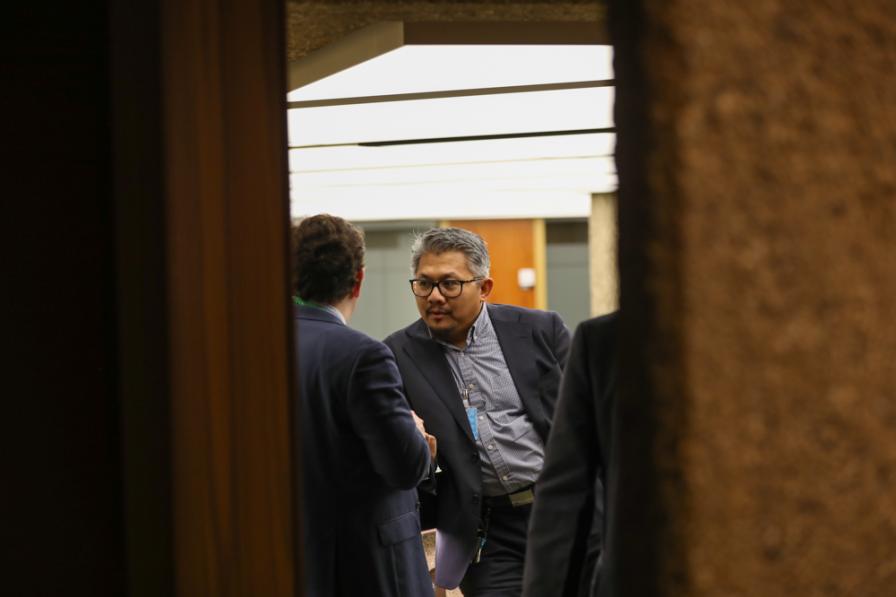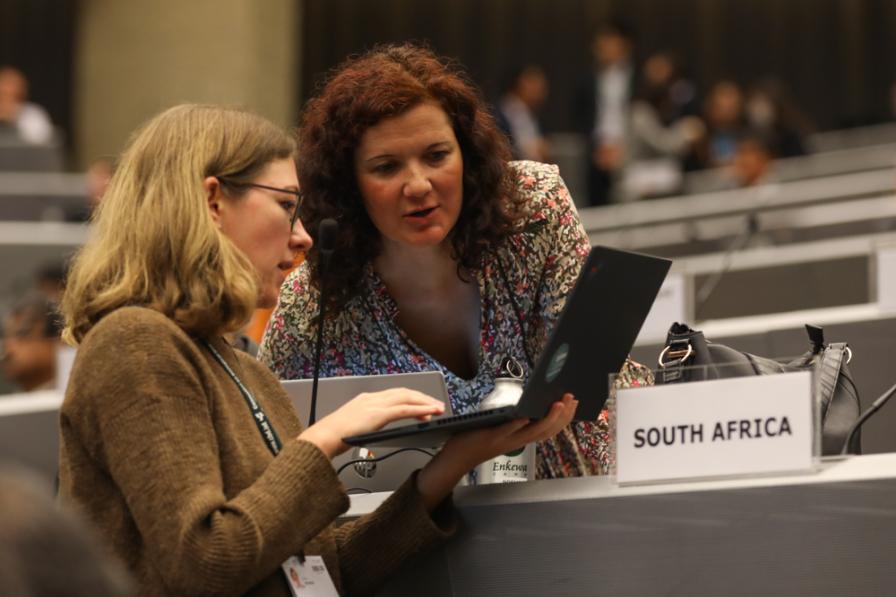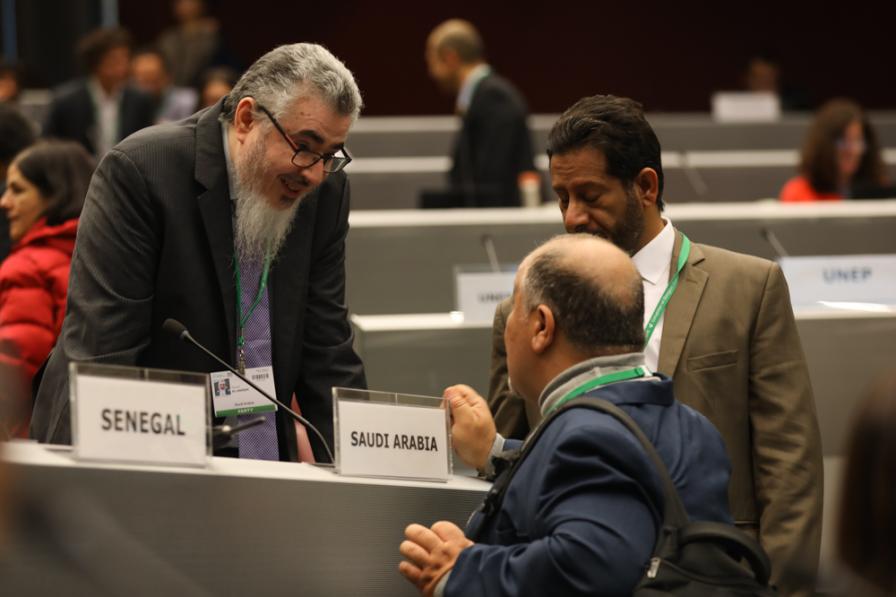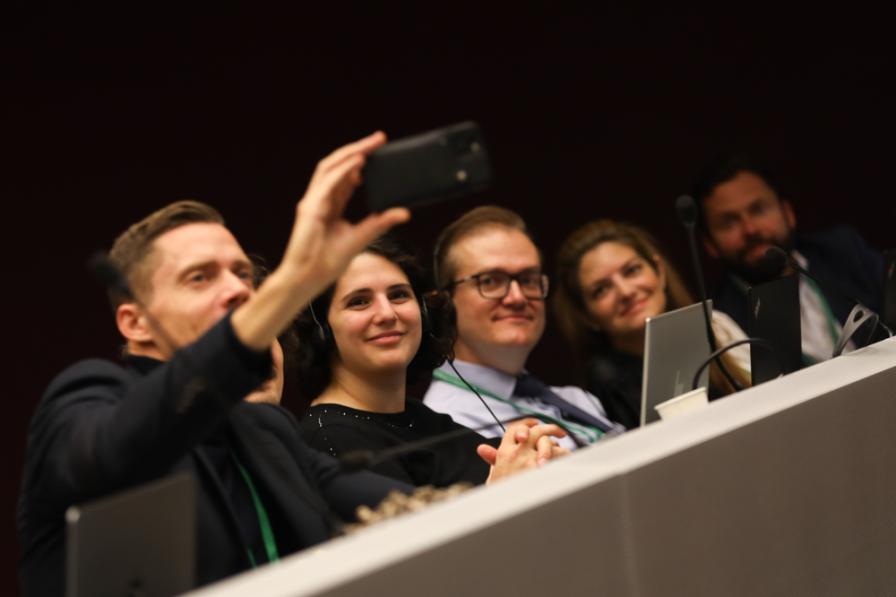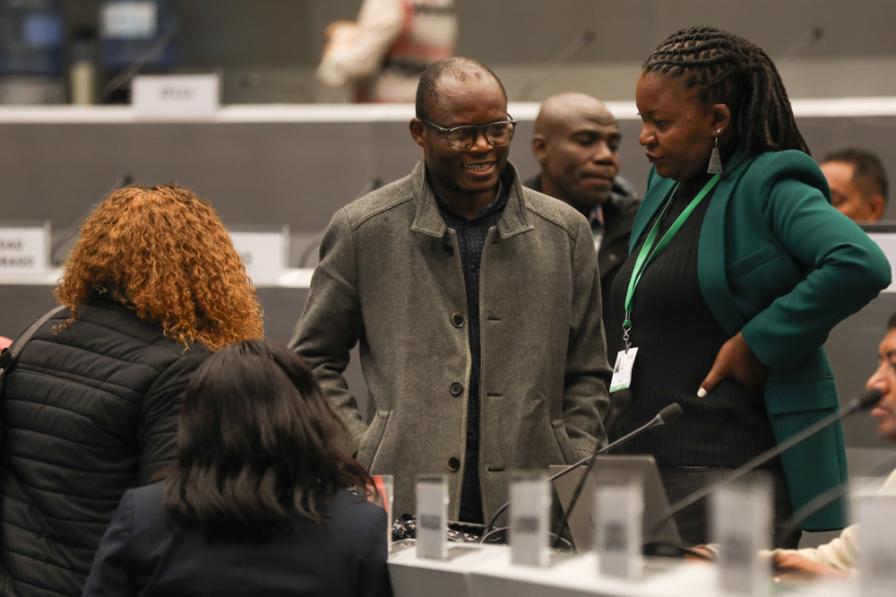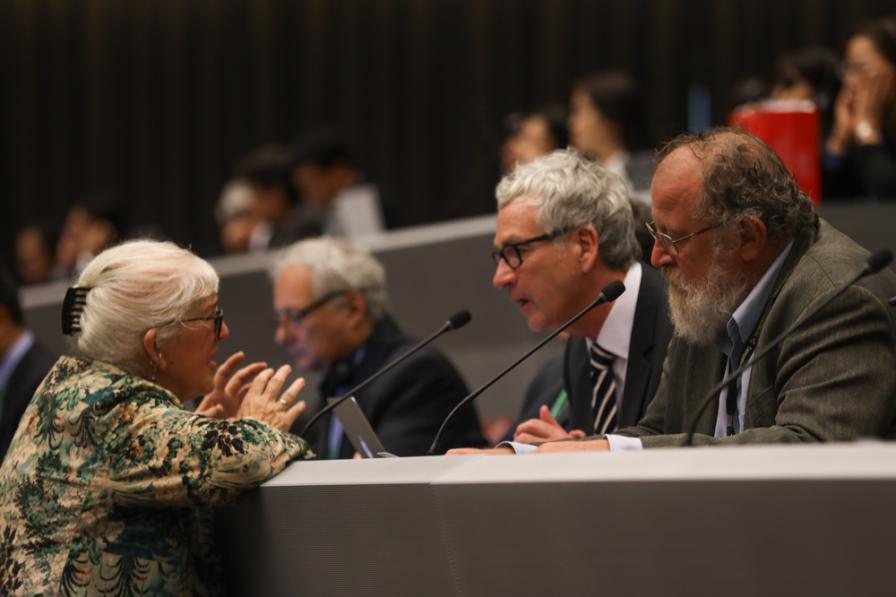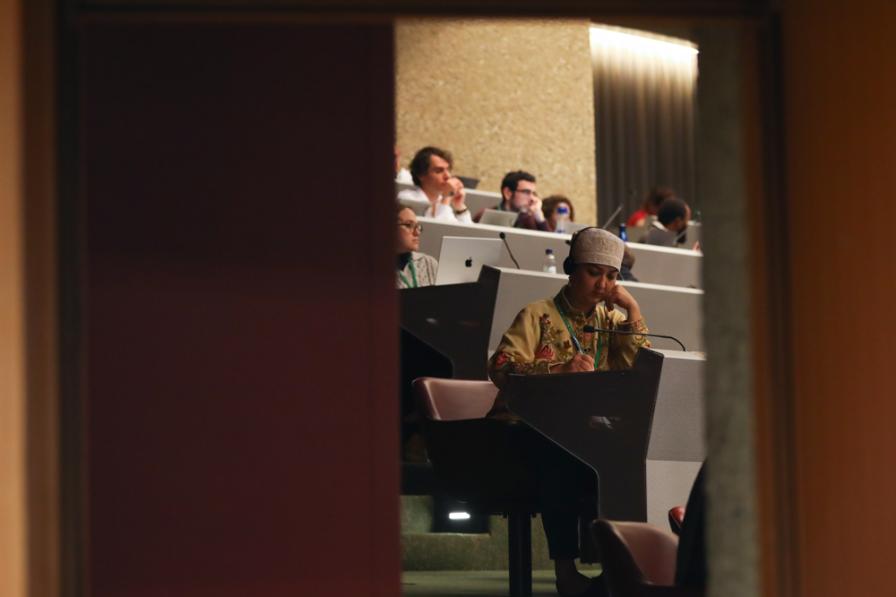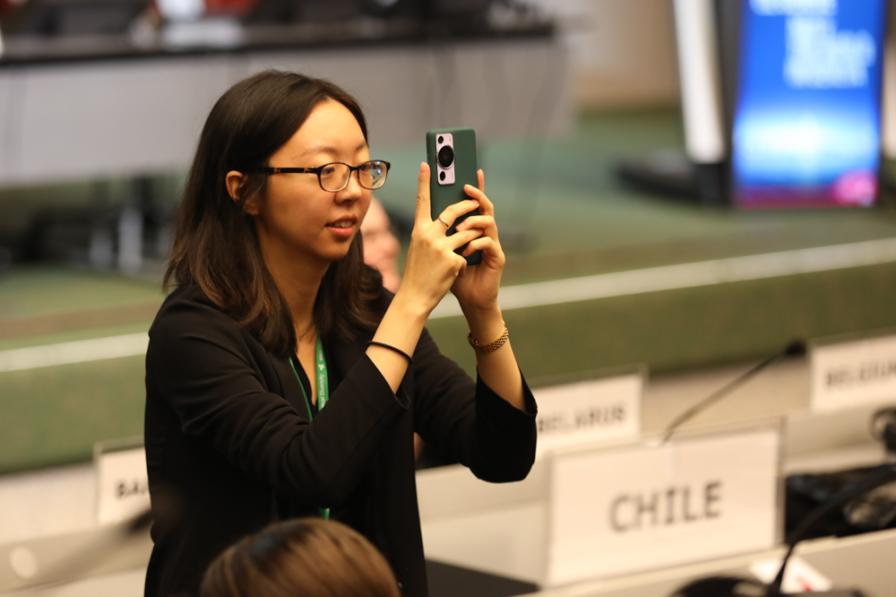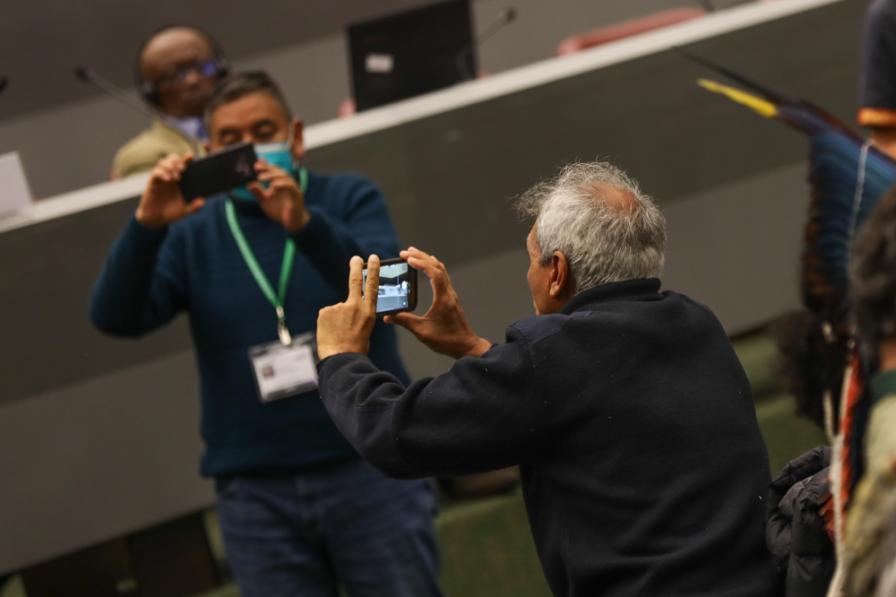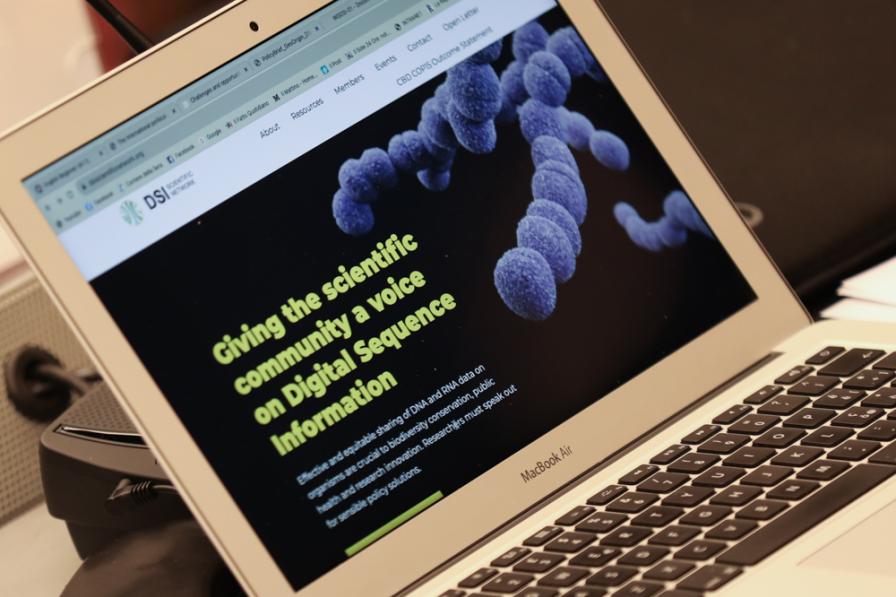Digital sequence information (DSI) is widely acknowledged as a placeholder term for which no consensus on a replacement or precise definition exists to date. Technical improvements and cost reductions in DNA sequencing have led to “next generation technologies” that facilitate the sequencing of genomes from a single cell, and entire ecosystems from environmental samples. Gene sequences are increasingly replacing the need to access physical biological samples of genetic resources, creating major implications for the Convention on Biological Diversity’s (CBD) architecture on access and benefit-sharing. If open access to DSI, key for fostering scientific research, is not accompanied by benefit-sharing modalities, the Convention’s third objective - the fair and equitable sharing of the benefits arising out of the utilization of genetic resources - will become increasingly out of reach. Many stress that failing to address DSI would undermine the Nagoya Protocol so fundamentally as to make it redundant.
Want to dig deeper into today's talks? Read the full Earth Negotiations Bulletin daily report.
The first meeting of the Ad Hoc Open-ended Working Group on benefit-sharing from the use of DSI on genetic resources was thus expected with great interest within and beyond the biodiversity community, as discussions are relevant for other fora, including the World Health Organization, the International Treaty on Plant Genetic Resources for Food and Agriculture, and the Agreement on biodiversity beyond national jurisdiction (BBNJ Agreement). In the words of CBD Acting Executive Secretary David Cooper, “The world is watching what happens here.”
Chair Ning Liu, China, highlighted the tasks at hand: to further develop and operationalize the multilateral mechanism for benefit-sharing from DSI, including a global fund, as mandated by Decision 15/9 on DSI on genetic resources of the CBD’s 15th Conference of the Parties (COP 15). He encouraged delegates to grasp this “opportunity to make history together.”
In his opening remarks, Cooper further emphasized that the multilateral mechanism and the global fund, alongside the principle of ensuring benefit-sharing is fair and equitable, are integral to the Kunming-Montreal Global Biodiversity Framework (GBF), underscoring their relevance to Goal C (monetary and non-monetary benefit sharing), and Target 13 (fair and equitable benefit sharing).
Following opening statements by regional groups and observers, delegates established a Committee of the Whole, co-chaired by Martha Mphatso Kalemba (Malawi) and William Lockhart (UK), to continue discussions. The Co-Chairs invited interventions on the issues for further consideration set out by CBD Decision 15/9. Many delegates supported the proposed way forward and focused on: contributions to the DSI fund; disbursement of funds; non-monetary benefit-sharing; governance; and relation to other approaches and systems.
Concluding the initial round of interventions, a Contact Group, co-facilitated by Salima Kempenaer (Belgium) and Nneka Nicholas (Antigua and Barbuda), was established to continue deliberations on Wednesday, on the basis of a non-paper to be developed by the Co-Chairs alongside the Secretariat.
Regarding the Working Group on Article 8(j), the Contact Group on the development of a new programme of work and institutional arrangements met in the afternoon and late into the night, briefly suspending negotiations to attend a reception hosted by the Swiss Federal Office for the Environment.
To receive free coverage of global environmental events delivered to your inbox, subscribe to the ENB Update newsletter.
All ENB photos are free to use with attribution. For CBD Article 8(j) and DSI, please use: Photo by IISD/ENB | Kiara Worth.
